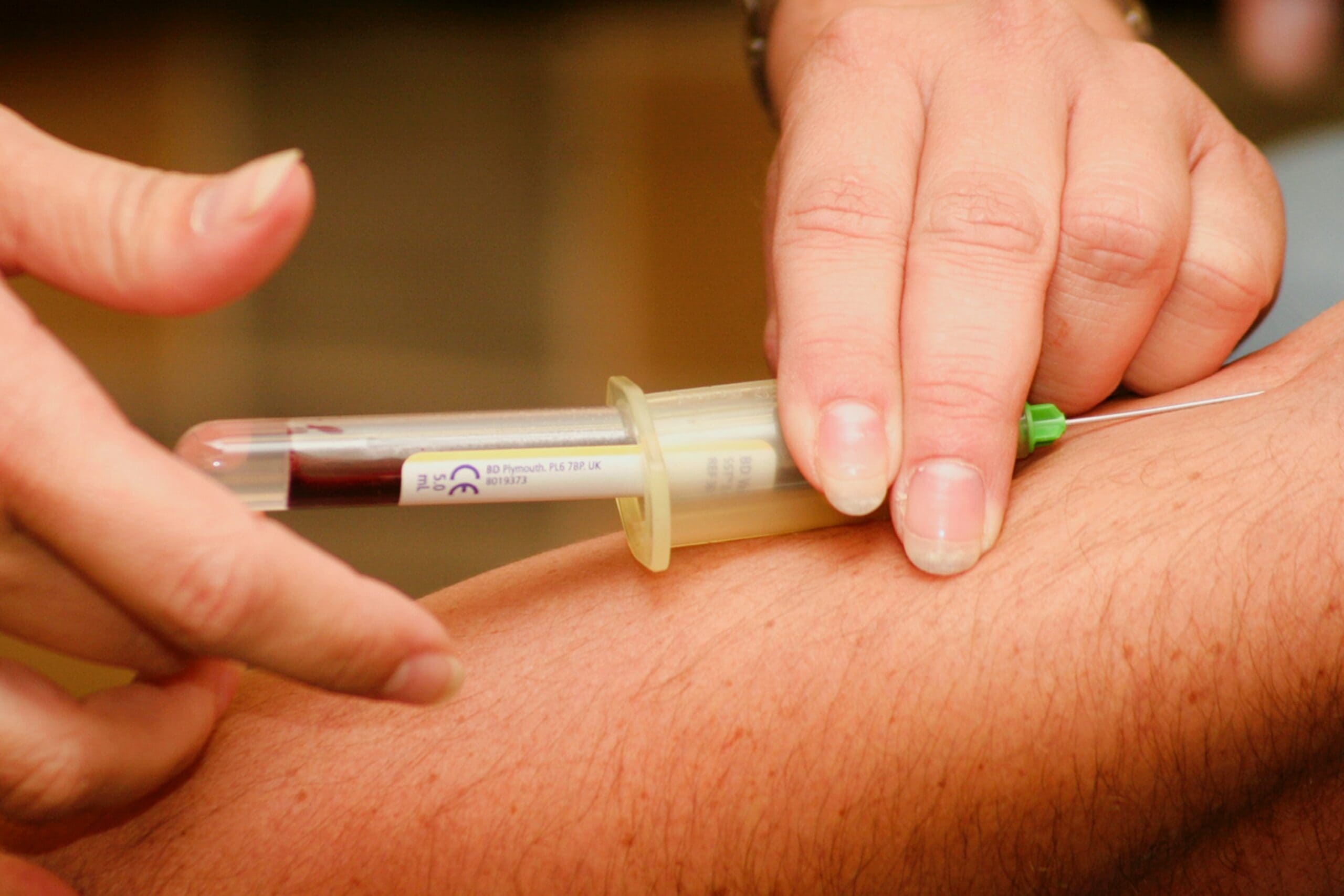
Services
Your Journey Begins Here!
From Ages 5-65 +, you’ve found a provider who cares for the whole family.
Core Services


Medication management

Long-Acting Psychotropic Injections

Case Management and Care Coordination

Palliative Supportive Care

Suicide Intervention
Letters of support for:

Emotional Support Animal letter for housing or air travel

Gender affirmation surgery

Right To Transition

Bariatric Surgery

Learning/Testing accommodations letter for 504 and IEP plans and college students
Laboratory Testing:

GeneSight testing
Variances in an individual’s metabolic enzyme may cause a person to be a fast or slow metabolizer of antipsychotics and antidepressants. If an individual is a fast metabolizer therapeutic levels of certain drugs might be too low rendering it ineffective whereas a slow metabolizer may have higher concentration of a drug and experience intolerable side-effects

Laboratory venous puncture blood draw and urinalysis for general health assessment and medication monitoring
Electronic Health Measures
Electronic Cognitive assessment used to measure short-term memory, reasoning, verbal ability, and concentration at base line and over the course of treatment.
Electronic Questionnaires are used to aide in the diagnosis of Mentalhealth and psychiatric conditions and measure response to treatment over time. Questionnaires also detect crisis episodes. Our questionnaires are the:
PHQ-9
Objectifies and assesses degree of depression severity via questionnaire.
GAD-7
A brief measure for assessing generalized anxiety disorder
ASRS
Autism Spectrum Rating Scales, a multi-informant measure to identify symptoms, behaviors, and associated features of autism spectrum disorders
PSS
The Perceived Stress Scale (PSS) is a classic stress assessment instrument
Post-Concussion Symptom Questionnaire
The Rivermead Post-Concussion Symptom Questionnaire (RPQ) is a self-report scale to measure the severity of post-concussive symptoms following a Traumatic Brain Injury (TBI)
PTSD
Questionnaire that identifies people more likely to have PTSD
Vanderbilt
The National Institute for Children’s Health Quality (NICHQ) Vanderbilt Assessment Scale consists of a symptom and impairment in performance evaluation that is used in the diagnostic of attention deficit hyperactivity disorder (ADHD) in children of 6 to 12 years, based on parent and teacher input.
ASQ
The Autism-Spectrum Quotient Test (abbreviated to AQ) is a diagnostic questionnaire designed to measure the expression of Autism-Spectrum traits in an individual, by his or her own subjective self-assessment
DAST-10
The DAST-10 is a measure which screens for drug use and abuse in the previous 12 months. Drug abuse” refers to the use of prescribed or over‐the‐counter drugs in excess of the directions, and any nonmedical use of drugs.
AUDIT
The AUDIT (Alcohol Use Disorders Identification Test) is a simple and effective method of screening for unhealthy alcohol use, defined as risky or hazardous consumption or any alcohol use disorder
IADL’s
Lawton’s Instrumental Activities of Daily Living (IADL) Scale was developed to assess more complex activities necessary for functioning in community settings (e.g., shopping, cooking, managing finances). The capacity to handle these complex functions normally is lost before basic activities of daily living for example eating, bathing, dressing, and toileting
MDQ
The Mood Disorder Questionnaire (MDQ) is a 15-item self-report screening instrument that can be used to identify clients most likely to have bipolar disorder. The MDQ assists in identifying bipolar disorder and distinguishing it from other mood disturbances in clinical populations

